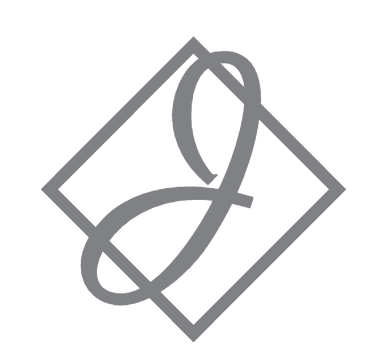On an almost weekly basis I ask my students if there’s anything new they’ve heard on the radio, tv etc that they would like to learn to play. My older students tend to know what they like and stick with it so it’s most often the younger students, being more inclined to pursue new music, who are keen to learn the latest chart-topper or YouTube trend. In my teens I was very similar but having grown somewhat older I relate more to my older students, knowing what I like and sticking with it. The music of Justin Bieber, Ariana Grande and Taylor Swift just isn’t my cup of tea (though I respect Taylor Swift enormously as a musician) but when it comes to teaching I’m not really allowed to have an opinion. If 6-year-old L is dying to learn what she calls the “Masterchef song” (aka Katy Perry’s Hot and Cold) then I am absolutely not going to stand in the way of such enthusiasm. When I’m in teacher mode there is no genre I won’t enthuse about and no song I don’t love – though the Entertainer is a stretch. I’m there to encourage, not criticise.
However, I do get upset when students ask me if it’s possible to play their current favourite song. They’ve developed the not uncommon idea that piano is for classical music, and perhaps a bit of light jazz if you’re feeling daring. I had a 15-year-old student, who claimed to be very interested in all things “EDM/tech kinda music” before worriedly asking me if I knew what it was. I assured him that despite being the ripe old age of 24 I did indeed know of it and my two university degrees in music had broadened my knowledge considerably.
(Bracket conversation: a 6-year-old student of mine once overheard her parents congratulating me on finishing my masters degree and then proceeded to tell her friends that her piano teacher was a ‘master of music’. I’ll take it.)
So this keen patron of electronic music, once he was assured I knew who David Guetta and Calvin Harris were, then sighed and told me that even though that was what he liked his mum wanted him to take piano lessons. I told him it was possible for the two to be combined and all was well with the world. But in all seriousness I truly believe that piano is one of the best and easiest ways to introduce yourself to the world of music. On no other instrument (save for xylophones, glockenspiels and related unpronounceable things you hit with mallets) is the concept of musical theory laid out so simply and understandably. I may be biased due to my on/off relationship with learning guitar but I really do believe this.
Even if you have no interest in becoming a pianist, learning such basics as constructing melodies and chord progressions is made much easier when presented with a row of black and white keys. A friend of mine was once teaching a guitar student who was struggling with the concept of an octave, that there could be the same note multiple times only higher or lower in pitch (low C, middle C, high C etc). I brought out the micro-Korg (the very same as in the below video) and all was made clear. What better way to make sense of scales, intervals, inversions and so on? Take this knowledge, and then go do your thing, whatever it may be – constructing dance melodies, intricate guitar riffs, bluesy bass progressions and so on. For myself I was classically trained in the Suzuki method but whilst maintaining that interest I have since developed into what a lecturer once summed up as a ‘contemporary improvisation artist’. Call it what you will, I enjoy making music – whatever the style. Whether it be stubbornly pursuing guitar, fiddling with synths like below or picking up an accordion my years as a pianist have definitely opened many musical doors. So next time you’re weighing up your favourite genre against a piano ask yourself – why not have both?
-J
